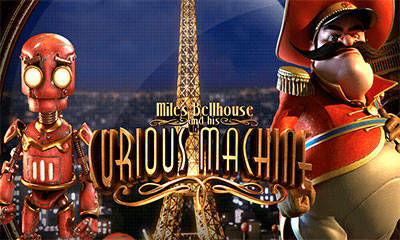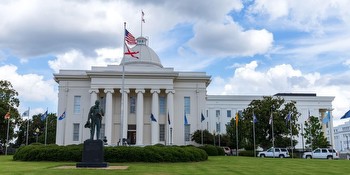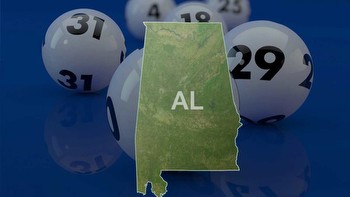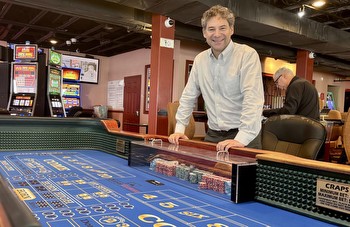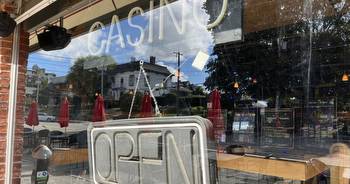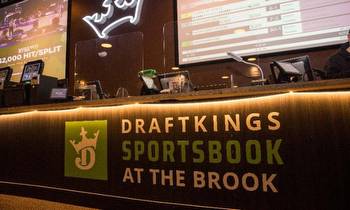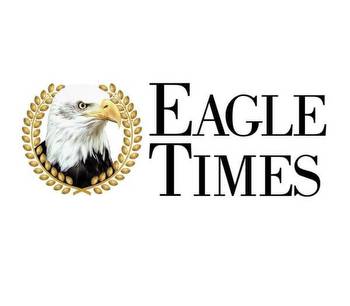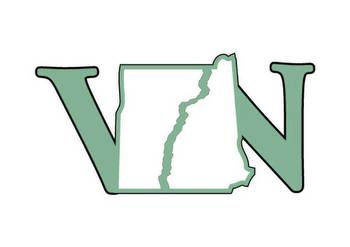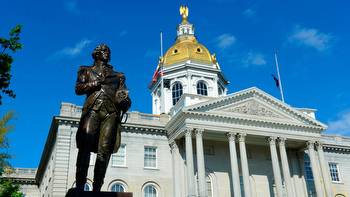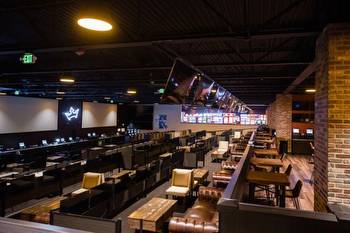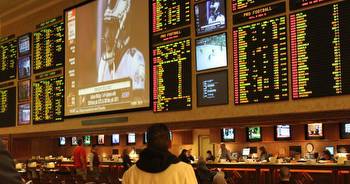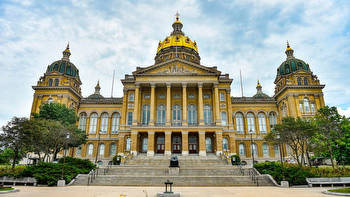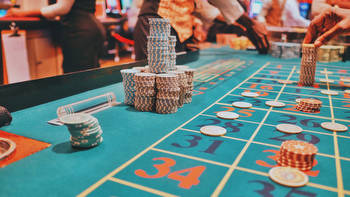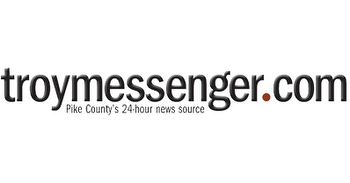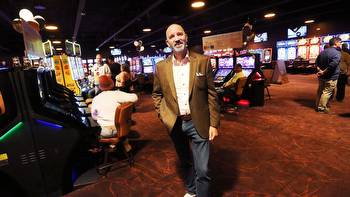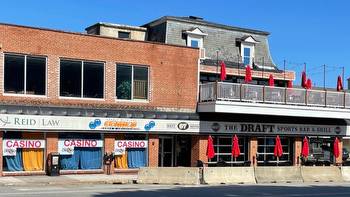Lawmakers back several bills benefiting charities, casinos
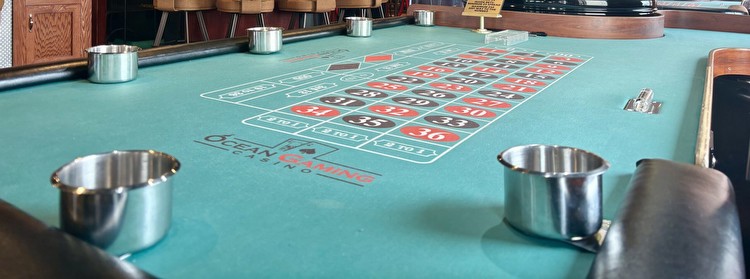
Lawmakers moved forward Thursday with bills that would mean significant changes for casino owners and the charities their gaming revenue supports. One would revise rules for gambling tournaments.
Here’s the breakdown as the House and Senate near their April 11 deadline for voting on bills and sending them to the other chamber.
Casinos, which must partner with charities to operate, could no longer charge them rent to host game nights under House Bill 1203. State law requires charities to receive 35 percent of the revenue collected, but rent fees lower their take. The state and casino owners share the remaining proceeds.
The legislation, which passed the House and moves to the Senate, would increase charities’ proceeds by hundreds of dollars or more.
The bill is not expected to face opposition from senators because casino owners support it. They told House members the state’s increase last year of the maximum bet limit on table games from $10 to $50 has increased revenues enough to operate without rent payments.
Under Senate Bill 472, municipalities with casinos could join charities in raising money through charitable gaming. Like charities, they could get up to 10 nights a year; Nashua would get up to 30 because it is home to three casinos.
In December, charities collected nearly $2 million in gaming revenue.
The fine print is important: Municipalities would not displace charities because they can be given game nights only if a charity doesn’t want it. Most casinos have waiting lists of charities that want to participate when a spot opens.
A third bill would expand the number of charities that could benefit from charitable gaming revenue. Senate Bill 432 would give the state 1.5 percent of certain horse race bets placed via an app and direct the New Hampshire Lottery Commission to make the proceeds available for charities that do not participate in charitable gaming.
Sen. Tim Lang, a Sanbornton Republican and the bill’s prime sponsor, said the tax could bring in as much as $300,000 a year. The bill passed the Senate and will be taken up next by the Senate Finance Committee.
Two other bills would continue the state’s moratorium on new venues offering historic horse racing, which look and play like slot machines and generate far more revenue than table games, such as poker and blackjack.
The existing moratorium, which ends July 1, was put in place to evaluate the impact of HHR when the state legalized it in 2021.
There are 14 casinos that are eligible to hold HHR licenses and five with applications under review. There are only nine casinos in the other New England states combined.
Lawmakers have expressed concern about having too many casinos with HHR games in the state, fearing it will change the nature of the state and siphon off revenue from the existing sites. Venue owners have supported a limit on competition.
“I know there are people who just like (with) the Oklahoma land rush are sitting at the border just waiting for the bell to go off, and you’ll see these things pop up just about everywhere,” said Rick Newman, a lobbyist for the NH Charitable Gaming Operators Association.
In the few years since the state legalized HHR, nearly all the venues owned by individuals have been purchased by big-name national gaming companies, including Churchill Downs and Delaware North.
Greg Carlin, a Chicago gaming entrepreneur, recently bought two casinos, in Hampton and Rochester, that hold HHR licenses and is investing $25 million in the properties.
SB 472, which includes the provision for host communities to participate in charitable gaming, would also prohibit additional HHR licenses for seven more years. That passed the Senate Thursday and heads to the Senate Finance Committee.
House Bill 1525, which is on its way to the Senate, would extend the cap indefinitely. A third piece of legislation that is pending in the Senate, Senate Bill 112, would also extend the moratorium indefinitely.
Lang, who sponsored SB 472, said he opted for a limited extension to give the commission studying the effects of recent gaming legislation more time to evaluate options. Its conclusions will likely lead to legislation next year, he said.
Charities and the state also share in the proceeds of gaming tournaments, which some casinos host nightly.
Currently, casinos must withhold 20 percent of what players pay to enter a tournament. The money is divided among the casino, state, and charities.
The practice lowers the prize pool. That’s not a big loss, Newman said, for tournament players who pay $100 to enter because it reduces the prize pool by $20 a player. It becomes a concern, he said, when the entry fee is higher.
For a tournament with a $2,500 buy-in fee, the prize pool drops by $500 per player, enough that players may choose not to participate. House Bill 1549 would cap the take at 20 percent or $250 per player, whichever is lower.
“I don’t think we’re going to see a whole lot of big tournaments but you might, like a holiday tournament,” Newman said. “This would help them get that off the ground.”







